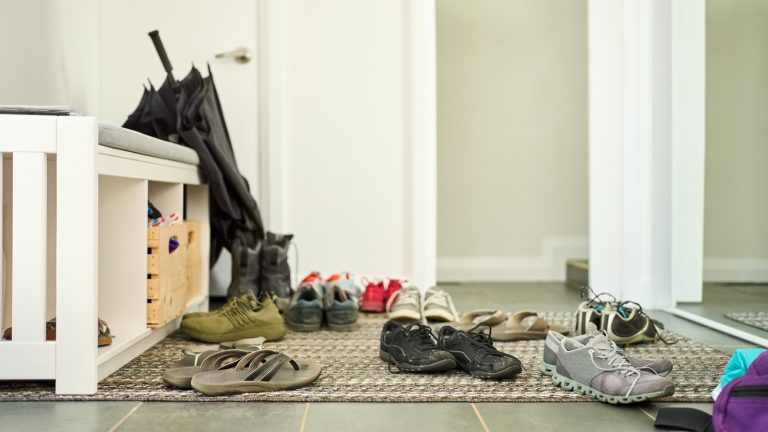
Cardboard boxes are widely accessible, affordable, and ideal for short-term storage. They can be easily broken down for space-saving and are environmentally friendly due to their biodegradable nature. However, for long-term storage, cardboard boxes have notable disadvantages. They aren’t suitable for storing heavy items, clothing, important documents, food, or flammable materials.
Storing heavy items in regular cardboard boxes can lead to boxes collapsing under the weight. Overpacked boxes can also lose their shape, making stacking challenging. While thicker specialty cardboard boxes are available, they are often more expensive and difficult to manage or recycle. For heavy items like books, old electronics, or picture frames, sturdy plastic containers offer a better storage solution.
Clothing and Important Paperwork Might Not Fare Well in Cardboard Boxes
While it might seem convenient to store clothing in cardboard boxes, this can be a costly mistake. Cardboard isn’t water-resistant, and trapped moisture can lead to mold, mildew, and damaged clothing. Instead, use plastic bins or clothing bags for storing clothes, and ensure all items are clean before storage.
Cardboard boxes aren’t ideal for storing important paperwork or mementos either. For papers that need safekeeping, consider using binders, filing cabinets, portable filing cases, or fire-resistant safes. After organizing old photos, store them in plastic containers or specialty boxes to protect them from potential damage by rodents or moisture. While these storage solutions may be pricier than cardboard boxes, they provide peace of mind by keeping your valuable items secure.
Cardboard Boxes Aren’t Safe for Food or Flammable Items
Reusing cardboard boxes for food storage in pantries might seem convenient but can lead to significant issues. Cardboard can attract pests and moisture, which can spoil food, including dry goods. Store dried goods in airtight glass containers or plastic freezer bags to keep them safe from pests and moisture.
Avoid storing flammable items in cardboard boxes, as they can become fire hazards. Examples include commercial cleaning products, paints, and aerosol-based personal care items. These should be stored in cool, ventilated, dark spaces, such as cabinets. If indoor space is limited, consider using a designated cabinet in a garage or basement. For assistance with disposing of hazardous waste, contact local county officials.






